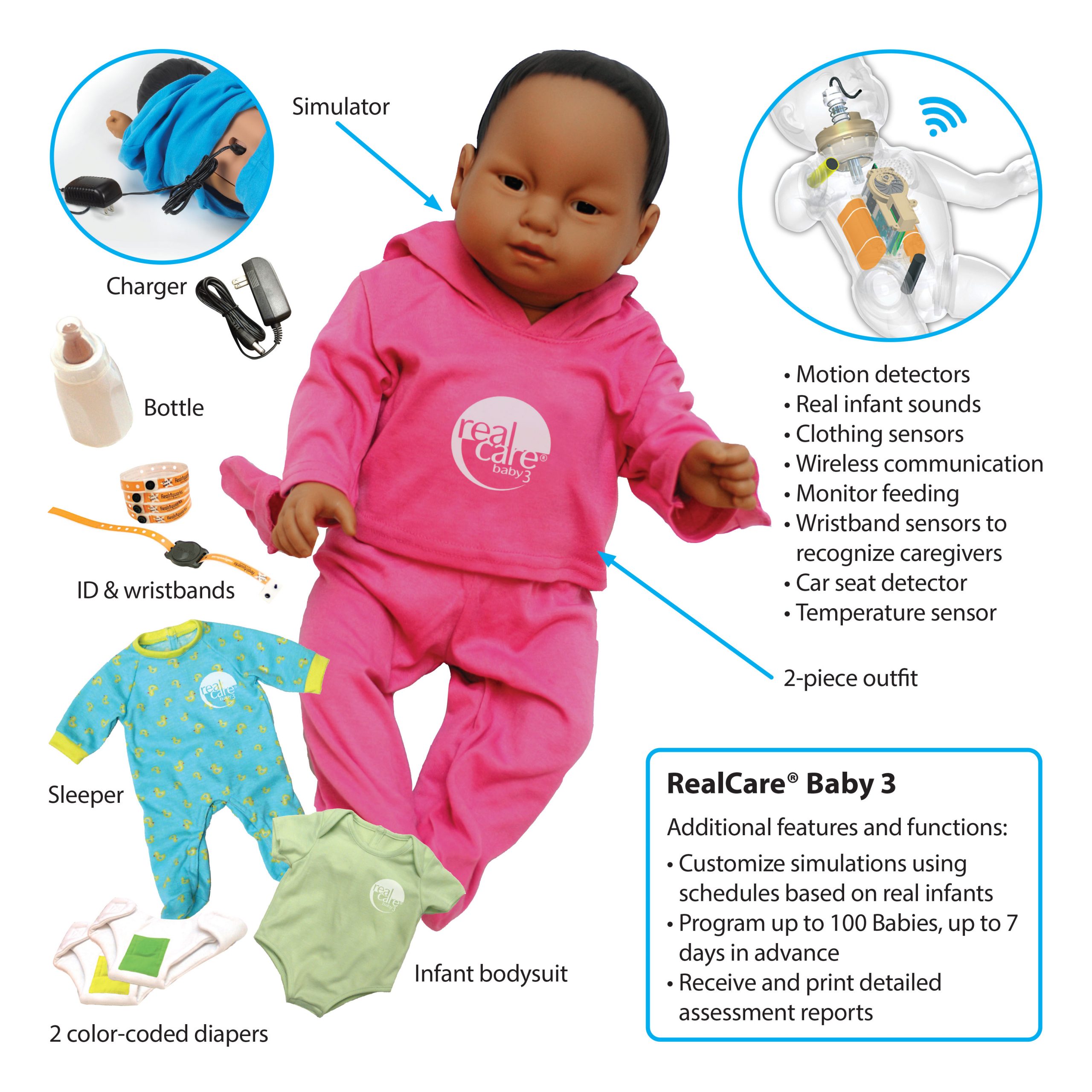
Health and Social Care for Babies: A Comprehensive Guide
Introduction
The arrival of a baby is a momentous occasion, filled with joy and anticipation. However, it also brings with it a myriad of responsibilities, particularly in ensuring the health and well-being of the newborn. This comprehensive guide will delve into the essential aspects of health and social care for babies, providing parents and caregivers with the knowledge and resources they need to navigate this crucial stage of life.
Health Care
Prenatal Care
Even before birth, the health of the baby is influenced by the mother’s prenatal care. Regular prenatal checkups allow healthcare providers to monitor the mother’s health, detect any potential complications, and provide guidance on nutrition, exercise, and lifestyle choices.
Birth and Postnatal Care
The birth of a baby is a transformative event, both physically and emotionally. After delivery, the baby undergoes a series of assessments to ensure their well-being, including Apgar scores, physical examinations, and blood tests. Postnatal care involves monitoring the baby’s vital signs, feeding, and overall health.
Immunizations
Immunizations are essential for protecting babies from potentially life-threatening diseases. The recommended immunization schedule varies by country, but typically includes vaccines for measles, mumps, rubella (MMR), diphtheria, tetanus, pertussis (DTaP), and polio.
Nutrition
Breastfeeding
Breast milk is the ideal food for babies, providing all the nutrients they need for optimal growth and development. It contains antibodies that protect against infections and promotes a strong bond between mother and child.
Formula Feeding
If breastfeeding is not possible or desired, formula milk can be used as an alternative. Formula milk is designed to meet the nutritional needs of babies and should be prepared according to the manufacturer’s instructions.
Feeding Schedule
Newborns typically feed every 2-3 hours, gradually increasing the interval as they grow. It is important to follow the baby’s cues and feed them on demand.
Hygiene
Maintaining good hygiene is crucial for preventing infections in babies. Regular bathing, diaper changes, and handwashing are essential. It is also important to keep the baby’s environment clean and free of potential hazards.
Sleep
Newborns sleep a lot, typically 16-18 hours per day. As they grow, their sleep patterns become more regular and they begin to sleep for longer stretches at night. Creating a conducive sleep environment, such as a dark, quiet room, can help promote healthy sleep habits.
Social Care
Bonding and Attachment
Bonding between parents and baby begins in the womb and continues to develop after birth. Skin-to-skin contact, eye contact, and responsive care are essential for fostering a strong bond.
Emotional Development
Babies are born with a range of emotions, including joy, sadness, anger, and fear. It is important to recognize and respond to these emotions in a sensitive and supportive manner.
Cognitive Development
Babies learn and develop rapidly through play and interaction with their environment. Providing age-appropriate toys and activities can stimulate their cognitive growth.
Socialization
Socialization is an important aspect of a baby’s development. Interacting with other babies and adults helps them learn social cues, develop language skills, and build relationships.
Support for Parents and Caregivers
Emotional Support
Becoming a parent can be an overwhelming experience. Seeking emotional support from family, friends, or support groups can help parents cope with the challenges and joys of parenthood.
Practical Support
Practical support, such as childcare, meal preparation, or household chores, can alleviate the burden on parents and allow them to focus on caring for their baby.
Resources for Parents and Caregivers
Healthcare Professionals
Pediatricians, family doctors, and nurses are valuable resources for parents and caregivers. They can provide medical advice, answer questions, and refer to specialists when necessary.
Support Groups
Support groups connect parents and caregivers with others who are going through similar experiences. They offer a safe space to share concerns, offer support, and learn from each other.
Online Resources
Numerous online resources provide information on baby care, health, and development. However, it is important to consult with healthcare professionals for accurate and up-to-date information.
Conclusion
Ensuring the health and well-being of babies is a multifaceted endeavor that requires a holistic approach. By understanding the essential aspects of health care, social care, and support, parents and caregivers can provide their little ones with the best possible start in life. Remember, every baby is unique, and their needs may vary. It is important to be patient, attentive, and seek professional guidance when necessary. By embracing the joys and challenges of parenthood, you can create a nurturing and supportive environment for your precious baby to thrive.
